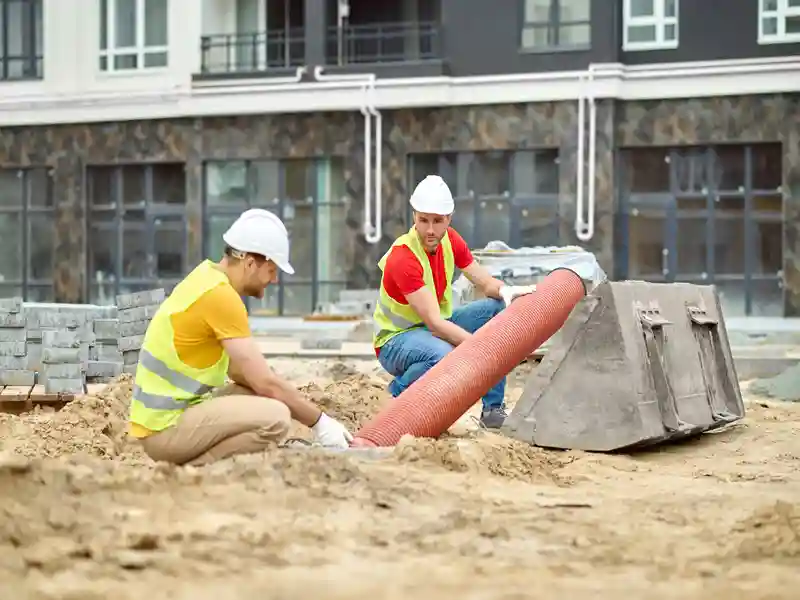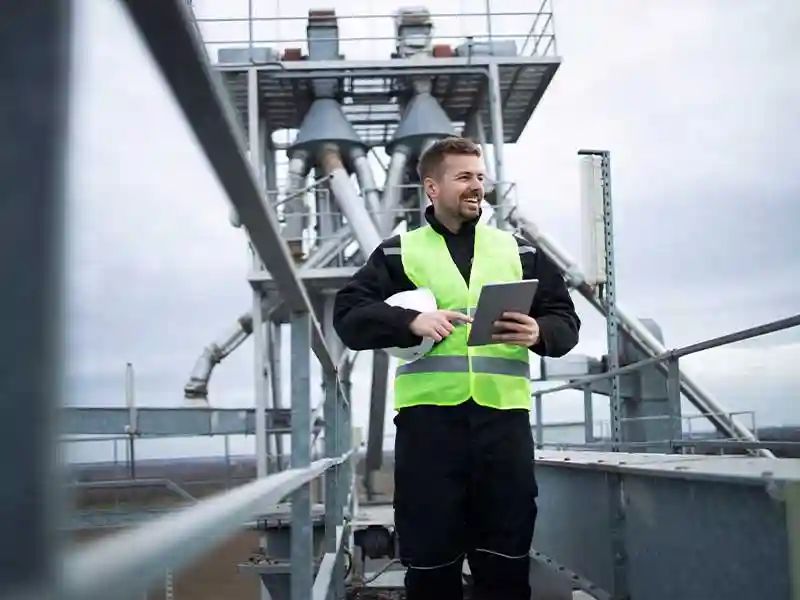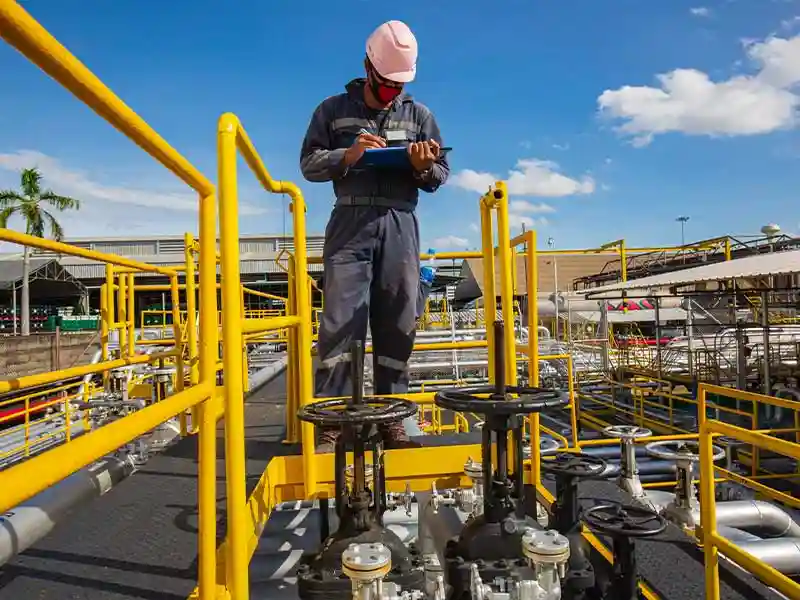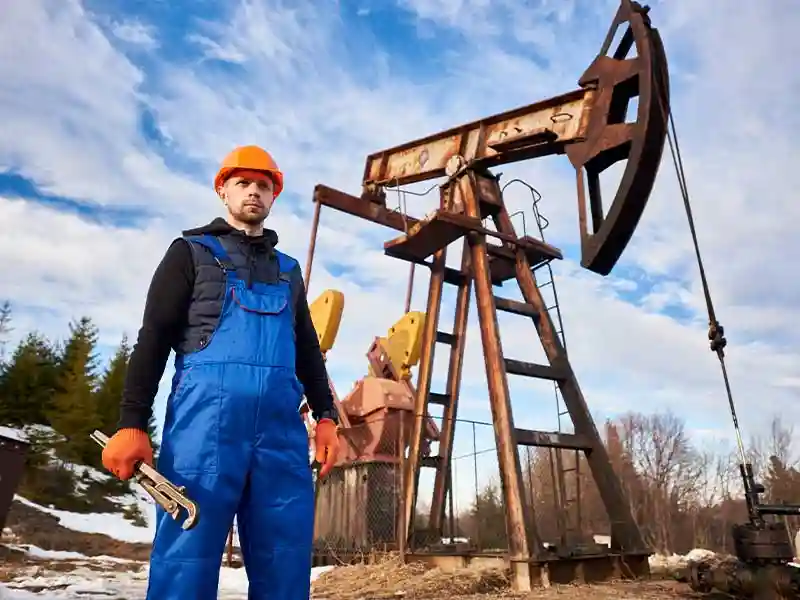
In an industrial situation where it is required to measure and control some aspects of a process, it is often the application of the knowledge and the ingenuity of the Engineer or Technician which is relied upon to solve the measurement and control problem. Therefore a fundamental understanding of the principle of operation of a range of sensors/transducers and instrumentation techniques applicable in an industrial situation combined with a working knowledge of Process control techniques and tuning methods equips the Engineer or Technician with the necessary skills and makes them invaluable in their workplace The attendees will investigate the concepts of instrumentation and measurement and will acquire the knowledge relating to the characteristics and properties of the variables being measured. Moreover, the delegate will gain an understanding of the Process control systems and methods used in a modern industrial system This is a practical and hands-on course and where applicable, theoretical studies will be supplemented with practical activities where the delegate will have the opportunity to design, develop, build, test, and evaluate their instrumentation systems

Experienced field operators moving to panel operator positions in refining and petrochemical plants

This course covers the construction, design, operation, and maintenance of rotary, centrifugal and rotary compressors and pumps, as well as various topics and types of pumps, compressors, potential problems, maintenance concepts, and troubleshooting techniques. It also covers different alignment methods for pumps such as optical alignment, straight edge / RIM, and Face alignment, reverses cursor alignment, reverses connection, and laser alignment. Participants will learn how to diagnose soft foot conditions and implement correction techniques.

The GRC Auditor (GRCA) certification validates that you understand and can apply audit and assurance skills to evaluate established or planned GRC capabilities in your organization. It ensures that you have the versatile skill set to evaluate and report on the strengths and weaknesses in governance, strategy, performance management, risk management, compliance, ethics, internal control, security, privacy, and audit activities. Become a versatile assurance professional who can audit governance, strategy, performance, risk, compliance, ethics, security, privacy, internal control, and other activities. The GRC Audit (GRCA) certification builds on the GRCP and demonstrates that you have the understanding and skills to audit the GRC capability model.

This program develops an essential understanding of Oil & Gas Exploration & Production (E&P) accounting, reporting, and performance measurement issues and practices. It develops your ability to prepare, use, and critically evaluate information on E&P activities, applying specialist industry knowledge and relevant analytical skills. The program is designed specifically for those who have a basic understanding of accounting but who need to understand more about accounting and financial reporting policies and practices in the upstream oil and gas industry. Topics covered include the successful efforts and full cost methods of accounting, the classification of assets as tangible or intangible, the unit of the production method for depreciation of capitalized costs, the testing for impairment of oil and gas assets, and accounting for removal and restoration of oil and gas facilities

This program will provide the participants with an integrated view of the hydrocarbon production and related facilities during the life of the reservoir. It will present an overview/fundamental understanding of the wide range of oilfield production handling and treatment equipment. With this view and tools and knowledge on the properties and flow of the fluids provided in this training session, the participant will be able to understand the behavior of the fluids from the reservoir up to end-users. The training gives a strong emphasis on the calculation of reserves, fluids properties from the reservoir through a gathering network. This knowledge is necessary for the surface facility engineer to design or operate the equipment and facilities

The training program for Certified ISO 37001 Lead Auditor equips you with the knowledge and abilities needed to conduct anti-bribery management system (ABMS) audits using generally accepted auditing principles, methods, and techniques. To ascertain the efficacy of the policies and anti-bribery procedures introduced as part of an ABMS based on ISO 37001, many firms look for qualified auditors. This training program aims to assist you in successfully completing these responsibilities and to convey the significance of successful ABMS audits. Additionally, it seeks to improve your knowledge and abilities so that you can plan and execute ABMS audits in accordance with the certification procedure outlined in ISO/IEC 17021-1 and the auditing principles for management systems provided in ISO 19011. The provided exercises, tests, and case studies are made to give you practice in the key areas of an ABMS audit, including ISO 37001 requirements, auditing principles, evidence-gathering tools and techniques, managing a team of auditors, conducting auditee interviews, reviewing documentation, drafting nonconformity reports, and creating the audit report itself. An exam is given after the training course has been successfully completed. You can apply for the "Certified ISO 37001 Lead Auditor" credential if you pass the exam. An ISO 37001 Lead Auditor certificate, which is internationally recognized and authorized by IAS, verifies your qualifications as a professional and shows that you are capable of auditing an ABMS that adheres to ISO 37001.

The importance of effective health and safety training in the oil and gas industry is highlighted by extensively reported examples of major process safety incidents including the 2010 Deepwater Horizon oil rig explosion in the Gulf of Mexico, the Buncefield oil storage depot explosion (2005), the 1988 Piper Alpha oil platform explosion (both occurring in the UK) and the BP Texas Refinery explosion in 2005

This training course provides deep knowledge of corrosion and focuses on the examination and identification of metallurgical problems that occur in process units and methods of monitoring and damage reduction. The equipment costs are a considerable part of the investment in the petrochemical and water industry, and for long-distance, large-diameter pipelines, they can become prohibitively high if the corrosivity of the fluid necessitates the use of corrosion-resistant alloys instead of carbon steel. Better understanding and control of the corrosion of carbon steel can increase its application range and therefore have a large economic impact. Corrosion Control is an essential requirement in Oil & Gas activities. It utilizes the application of engineering principles and procedures to minimize corrosion to an acceptable level by the most economical method. It is rarely practical or economical to eliminate corrosion completely and in practice, one or more of the following methods would be applied. Corrosion monitoring provides an early warning that damaging processes or conditions exist which may result in corrosion-induced failures. Moreover, it indicates the correlation of changes in process parameters and their effect on system corrosion. Corrosion Monitoring is essential to evaluate the service life of pipelines and to detect when would be the nearest replacement/shutdown